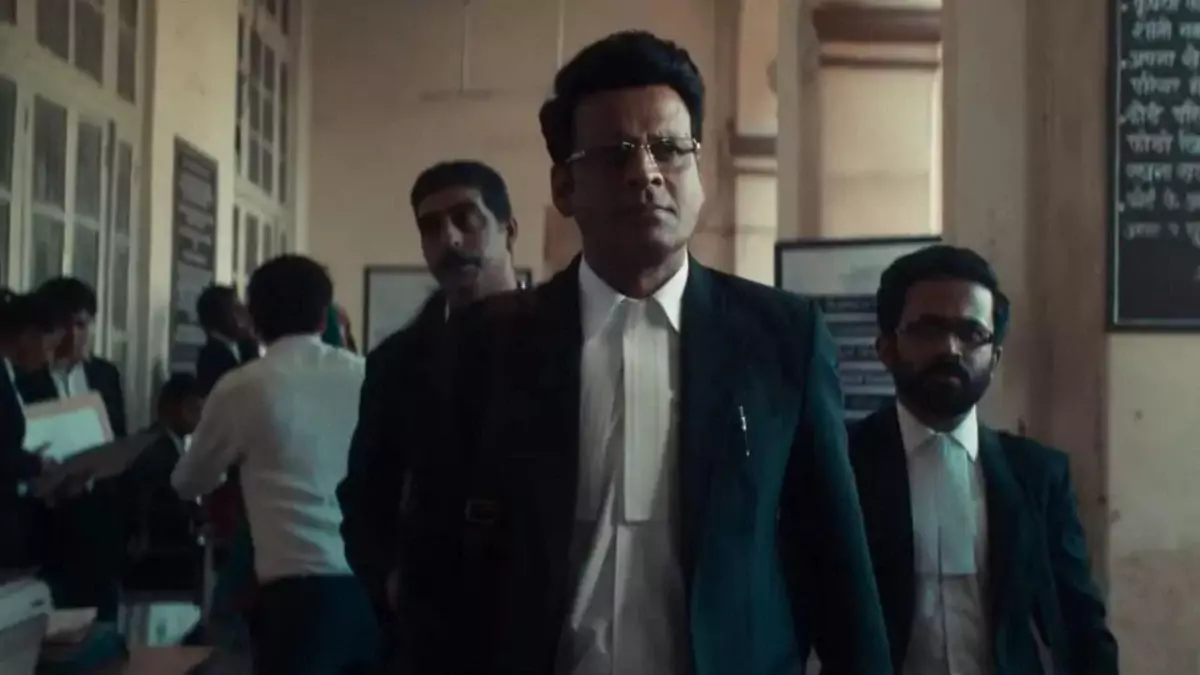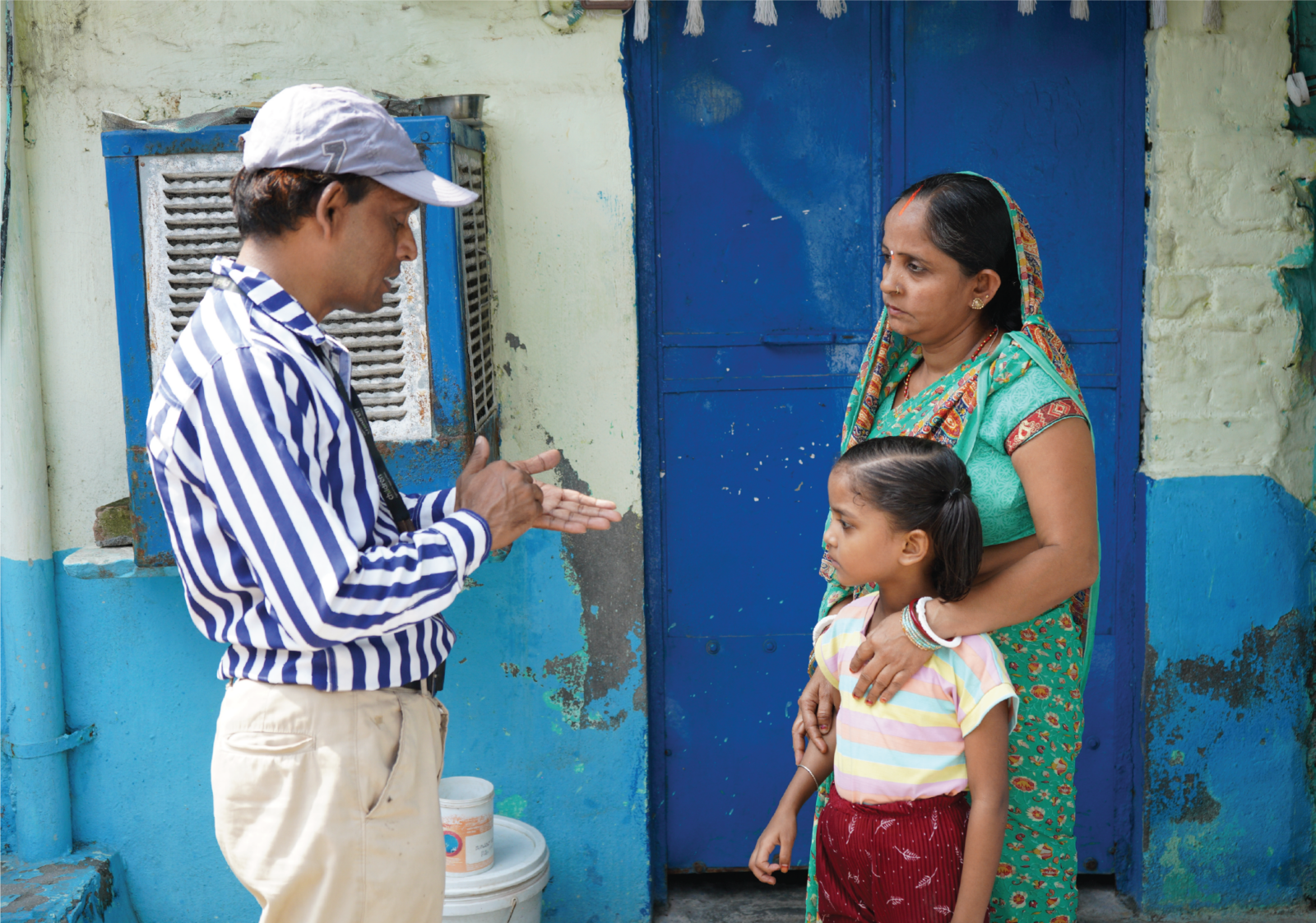Dyslexia and related learning disabilities were taboo subjects until Taare Zameen Par hit the theatres. Here a mega movie star used the creative platform of storytelling to sensitize parents, teachers, peers, friends and the general populous about a veiled topic that got ridicule as reaction, at best. Such is the enormous power wielded by movies and influence exerted by personalities that the nuance belying hitherto neglected, yet important subjects, becomes a part of everyday conversations.
Sirf Ek Bandaa Kaafi Hai is yet another movie that falls in the tiny bucket of Hindi films using their massive reach to draw attention towards a hard-hitting concern.
With the National Award—winning actor Manoj Bajpayee playing the protagonist of a lawyer on a mission, the movie is based on the real-life trial and conviction of a self-styled ‘godman’ who preyed on teenage girls. The movie follows the story of 16-year-old Nu who has mustered the courage to file a report against the godman.
It would not be an exaggeration to screen the film as a source of learning for every professional involved in the justice system, beginning with police personnel, medical officers and lawyers to clerks, judges and media.
The sensitive handling of the film, devoid of graphic scenes, makes it a rewarding watch that will stay with viewers long after they leave the theatres.
Delving into each intimate detail of the process, the movie introduces audiences to myriad aspects that both aid and hinder the deliverance of justice to the victim. Central to the plot of the film is the Prevention of Children from Sexual Offences Act. However, as the viewers traverse along with Nu in her journey, they not only learn in great detail the intricate process of filing FIRs and undergoing medical examinations, but also feel the experience of isolation from the community and having something as basic as one’s age questioned in a courtroom.
There’s plenty to take away from the movie for activists, lawyers, parents and children alike. For instance, a family’s mindset and inclination towards unorthodox and unscientific ways of living is a major factor that exposes children to the risks of sexual abuse. The movie also sheds light on the issue of insufficient victim and witness protection, and the glaring gap in workforce and resource utility in the police force.
Beyond the raw and unfailing depiction of these details, the movie unpacks the POCSO Act for the regular moviegoer. It strips the gruelling process off its many jargons, removes the gory details and delivers a hard-hitting story that not only serves as an informative tale but also remains etched in people’s memory as a sensitive, empathetic and real story of a child’s exploitation, her struggle with the legal system, her agony and angst, her isolation, and her burden of victory.







